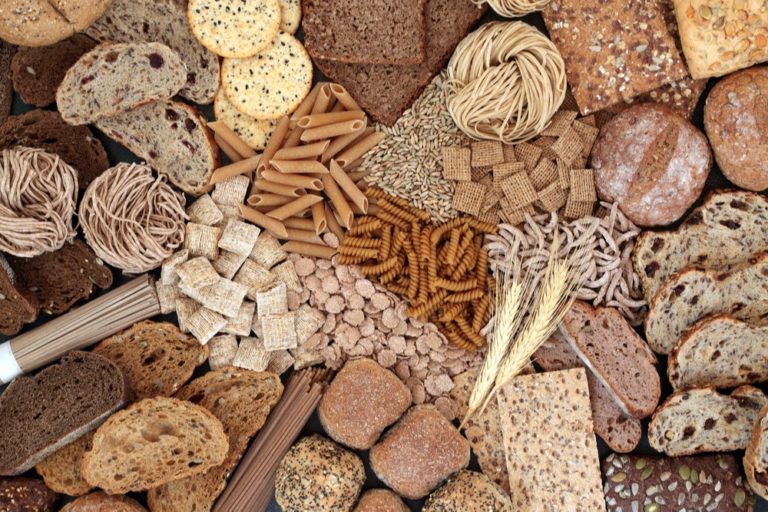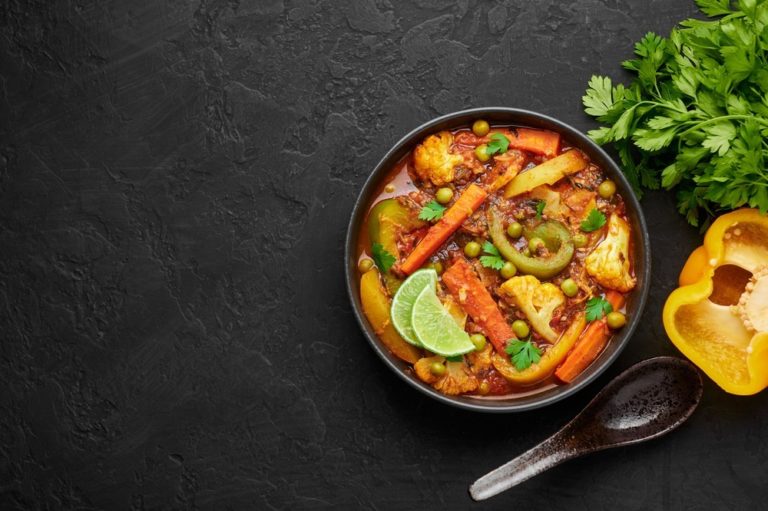For decades we’ve been told that cholesterol is the enemy, and if you are diagnosed with high levels, that you need to swap to a plethora of low cholesterol foods to get back on track. But is cholesterol as bad as we are led to believe? Lets take a look.
What is Cholesterol?
The liver naturally creates cholesterol. It is an essential building block for cell membranes, meaning it keeps our cells in shape and doing what they do best. Cholesterol is also involved in making vitamin D from the sunlight and it helps make bile in the liver. Bile is a substance which helps us digest fatty foods and so without sufficient cholesterol, our ability to break down fatty foods could be affected. Cholesterol is also a precursor to cortisol, so for our stress response to function as it should, we need sufficient levels of cholesterol. As you can see, cholesterol serves many important roles in the body, so we certainly need it. The issue is that some lifestyles and genetic predispositions can result in the body making too much cholesterol, which can build up in the arteries, blocking blood flow which can lead to disease.Cholesterol: Friend or Foe?
There are two types of cholesterol, one is low-density lipoprotein cholesterol (LDL) and high-density lipoprotein cholesterol (HDL).- LDL deposits one type of cholesterol throughout the body, and this is the one that could build up leading to issues. This is the one that we tend to deem as “bad” cholesterol.
- HDL, however, collects LDL cholesterol and brings it back to the liver for removal. This is the one that is deemed “good” cholesterol. It’s almost like the road sweep for cholesterol.
Is Saturated Fat The Problem?
Most foods that are high in cholesterol, are often rich in saturated fat and decades of research tells us that the more saturated fats we eat, the higher the risk of cardiovascular disease. Saturated fat is found in ghee, palm oil, coconut oil, fat in meat, sausages, bacon, cured meats like salami, chorizo and certain cheese. There is also increasing data which suggests that the inclusion of trans fats increase levels of LDL cholesterol and decreases HDL cholesterol. Trans fats are found in vegetable oils and in fried, baked, and packaged foods.What’s particularly interesting is that when New York State placed a ban on trans fats, there was a 6.2% reduction in hospital admissions for heart attacks and stroke!So, it seems that rather than focusing so much on cholesterol, we may be better avoiding foods that contain trans fats like:
- Packaged biscuits, cakes, donuts and pastries,
- Crisps and crackers,
- Commercially fried foods,
- Buttered popcorn,
- Products containing hydrogenated or partially hydrogenated vegetable oils,
The bottom line? You often don’t need to reduce fat – you just need to eat the right type! Swap those saturated fats for unsaturated.
But What About Cholesterol?
If you are concerned about cholesterol, increase your fibre intake. Fibre comes in two forms: soluble and insoluble and soluble fibre actually binds to cholesterol and helps remove it. Some cholesterol-friendly fibre options to consider:- Nuts,
- Seeds,
- Legumes,
- Chia,
- Flaxseed,
- Beans,
- Oranges,
- Blueberries,
- Brussel sprouts,


